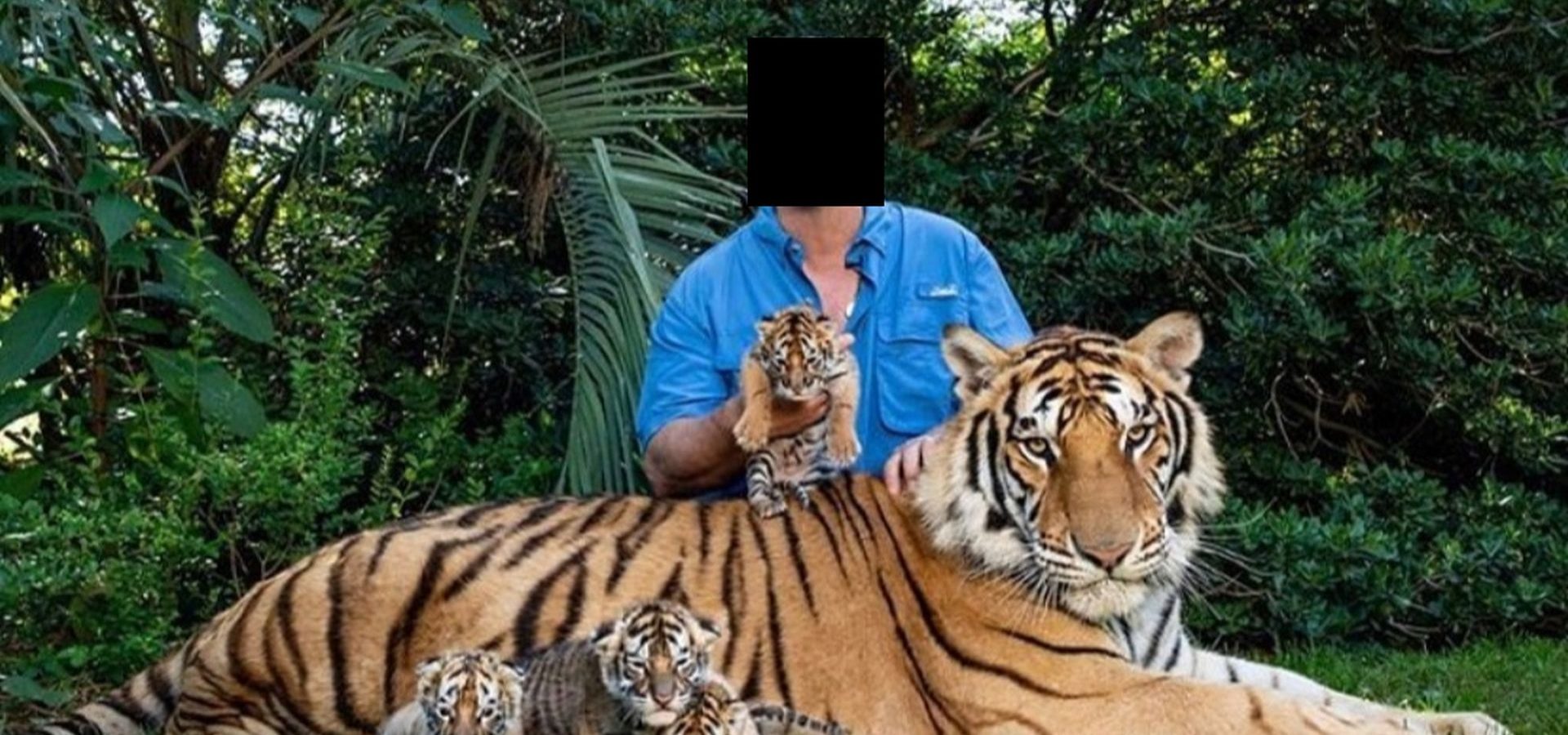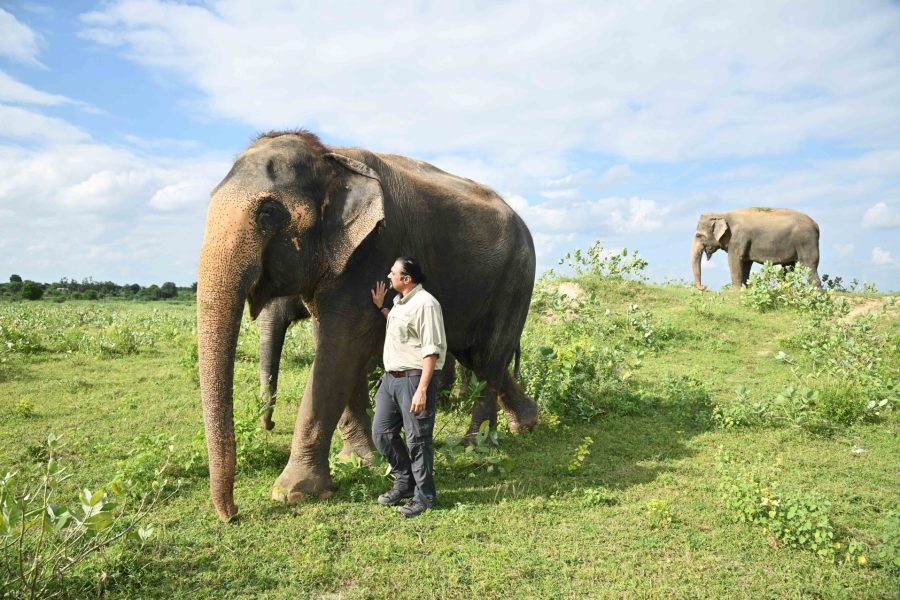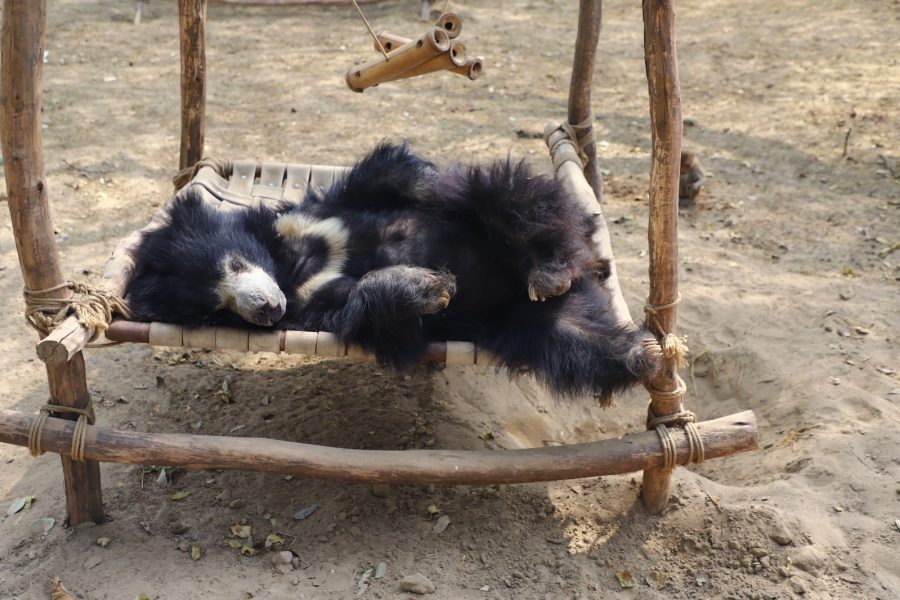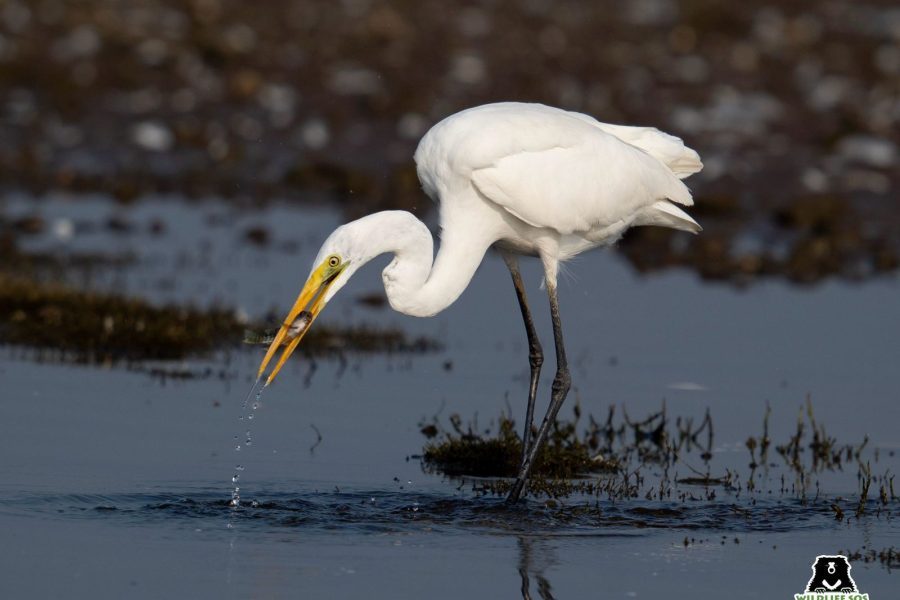The internet – a sensational, roiling whirlpool of easy content, information (true or false) and personal puffery – has seen the rise and fall of many fads over the many years it has mushroomed and mutated into the platform we know now. From furry nails to funeral selfies, we have seen some super weird trends make it to the top of the content platform but few of these practices leave as visible a trail of devastation in their wake as the curious hang-up of getting selfies with exotic wildlife species.
Wait, I can pose with an ant-eater? A massive anaconda? A white tiger?!
Yes one can, but that doesn’t mean one should. Wildlife selfies harm animals in many imperceptible ways that are often not visible to tourists hungry for a unique experience. Something as small as a camera flash can lead to severe distress in wild animals. Many of the aspects of this craze causes physical and emotional stress to the wild animals, interrupting feeding and breeding habits and even potentially lowering birth rates, according to reports. These animals are kept in captivity and forced to endure being handled by countless strangers daily, increasing pressure on them.
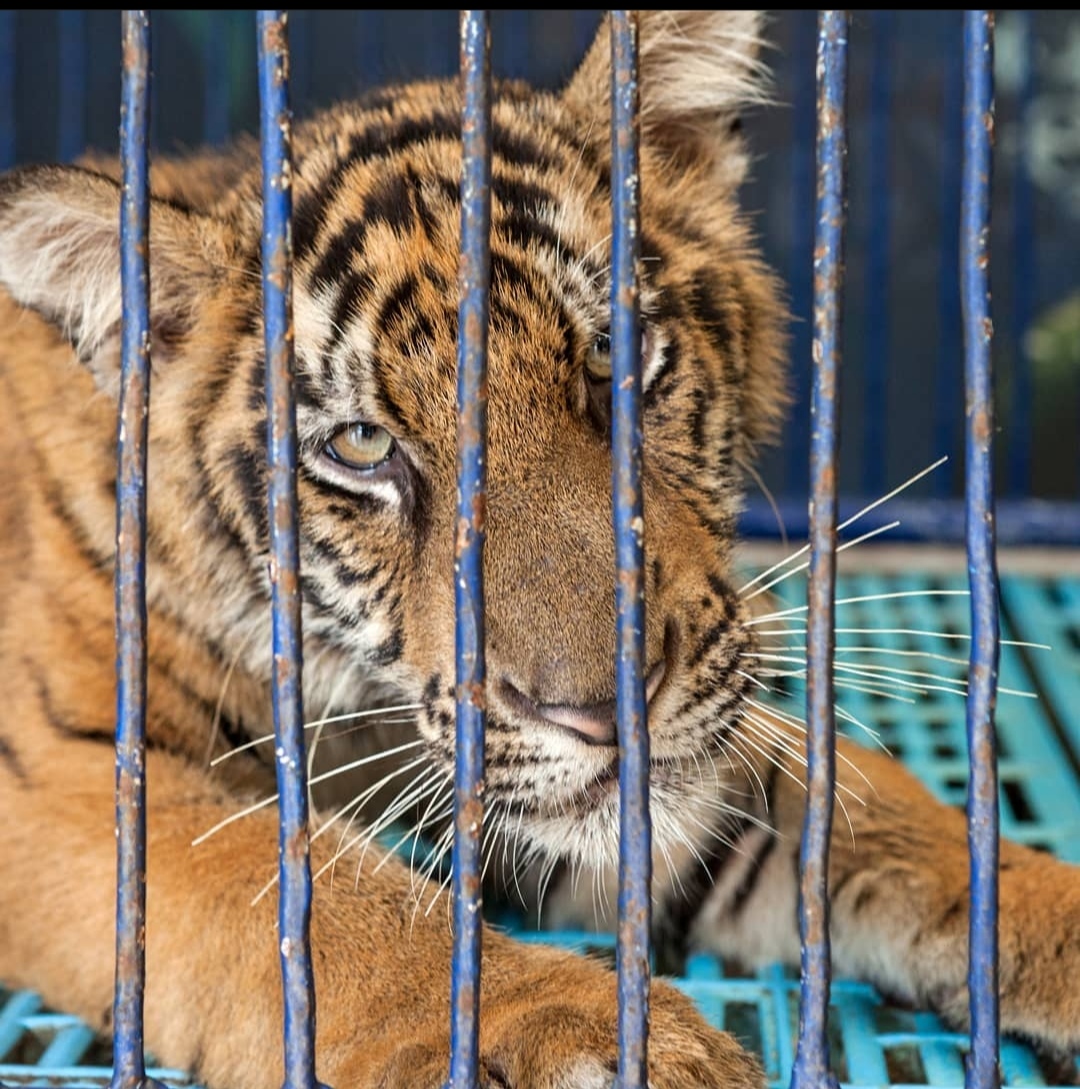
Sometimes, these interactions can often lead to extremely dangerous encounters as well – a recent video that went viral on social media showed a giant python coiling itself around a man who tried to take a photograph beside it. The man can be seen struggling to free himself from the massive snake’s grip and managed to escape after concerted efforts. We’ve also heard of big cats like tigers, ligers and lions mauling people to death or people being bitten by reptiles like Caimans.
In these cases, it is always the animal that is removed from the scenario by mostly lethal means. That seems an excessively harsh price to pay for human recreation.
What is contributing to the growing desire of getting such a selfie?
Social media and a hankering for quirky travel experiences is fuelling this terrible practice. Social media platforms solely dedicated to wild animals like raccoons and foxes paint a colourful albeit limited picture of the delights of having close interactions with such exotic species. These can prove a lucrative business with endorsements with plenty of money to be made.
Researchers at a well-known global animal welfare organization (World Animal Protection) report a 292% increase in the number of wildlife selfies posted on Instagram in three years, with 40% of the images posted described as “bad selfies”. There’s a large number of ‘bad’ selfies on the internet, some even promoted by celebrities like Kim Kardashian, Roger Federer, Justin Beiber and Taylor Swift! ‘Bad’ selfies are those that depict inappropriate and excessive contact with wildlife such as hugging, painting or riding elephants or feeding them at close quarters. These images look glamorous and gain such massive traction on social media and fan following that most are willing to go the extra mile to get such a click.
It sounds fun. Sign me up. What harm can it possibly do?
Perhaps getting these pictures clicked sounds fun for unsuspecting tourists, but it surely is a hellish experience for the animals cradled during this short exercise. Most of the tourists who express interest in getting such a selfie are unaware of the appalling conditions that these animals are kept in –unhygienic confinement, diseases and wounds are just some of the ailments plaguing those trapped in the trade. They are stolen from the wild, transported over large distances in extremely cramped quarters, many of them dying in the process. Most of these animals are also weak, dehydrated and suffer from psychological and physical scars. News reports propose that the 10 most selfie’d animals across the world are elephants, kangaroos, various primates, lions, tigers, sloths, koalas, dolphins, giraffes and turtles.
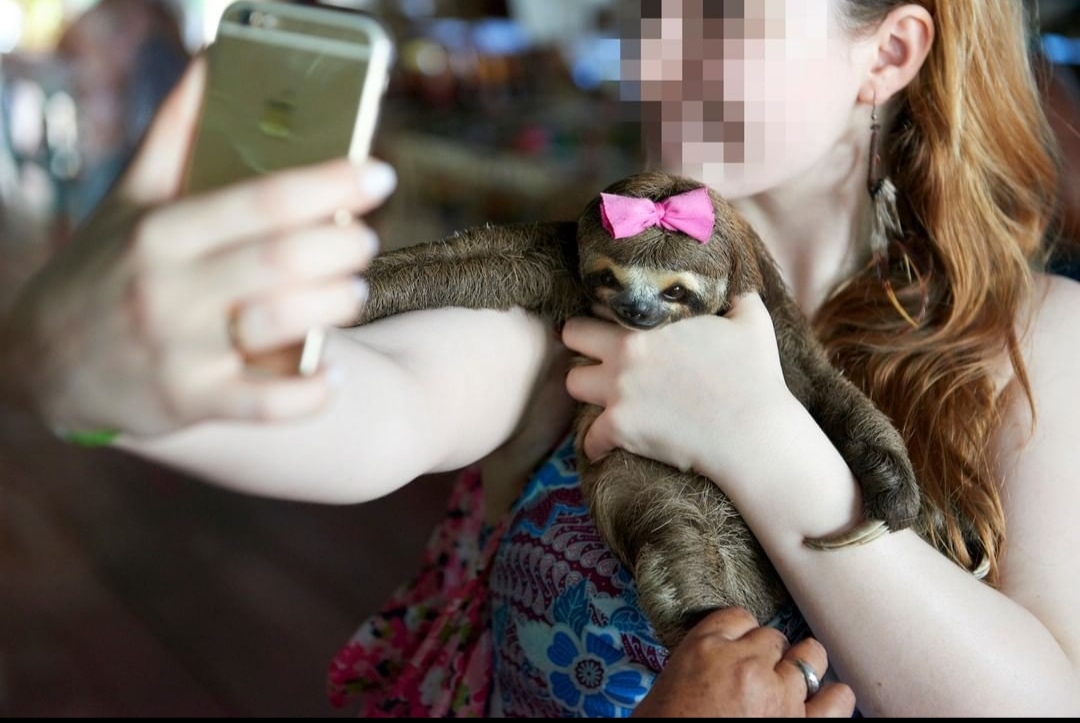
Reports suggest that more than 20% of the species involved are threatened by extinction and more than 60% are protected by international law! Can you imagine the widespread extent of this practice that the culprits actively plan in evading the ambit of international legalities in order to make a quick buck?
Well, how can one contribute towards ending this practice?
In recent news, social media giant Instagram has started issuing warnings on selfies with wild animals. This means that certain hashtags like #tigerselfie will be spelling trouble for users. The company is also in talks with conservation bodies in an effort to combat this practice. Facebook says that it already has two policies that address the issue of animal cruelty.
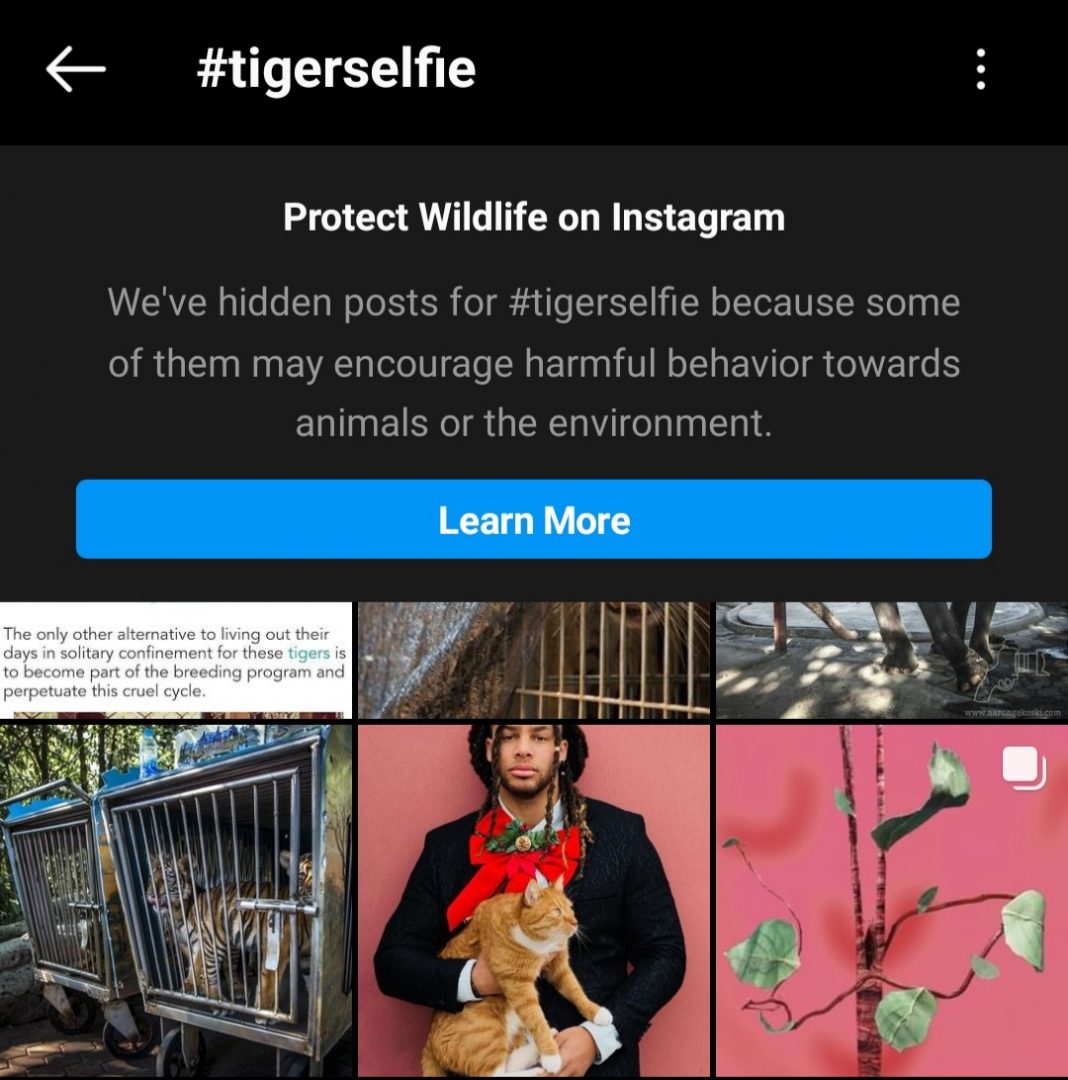
In simple economics, demand fuels supply. It all boils down to us – the tourist – in the end. If we begin refusing to participate in the practice, reporting incidences which we come across and promote non-intrusive modes of interaction with wildlife, we will have played a major role in bringing about the downfall of this inane fad.
So the next time you see an elephant or a tiger on a safari, by all means, get your selfie – as long as you can do it in an unobtrusive and restrained manner, keeping yourself at a safe distance from the wild animal. As well-informed defenders of wildlife, it’s up to all of us to call-out selfies that exploit and harm wildlife when we see them!

